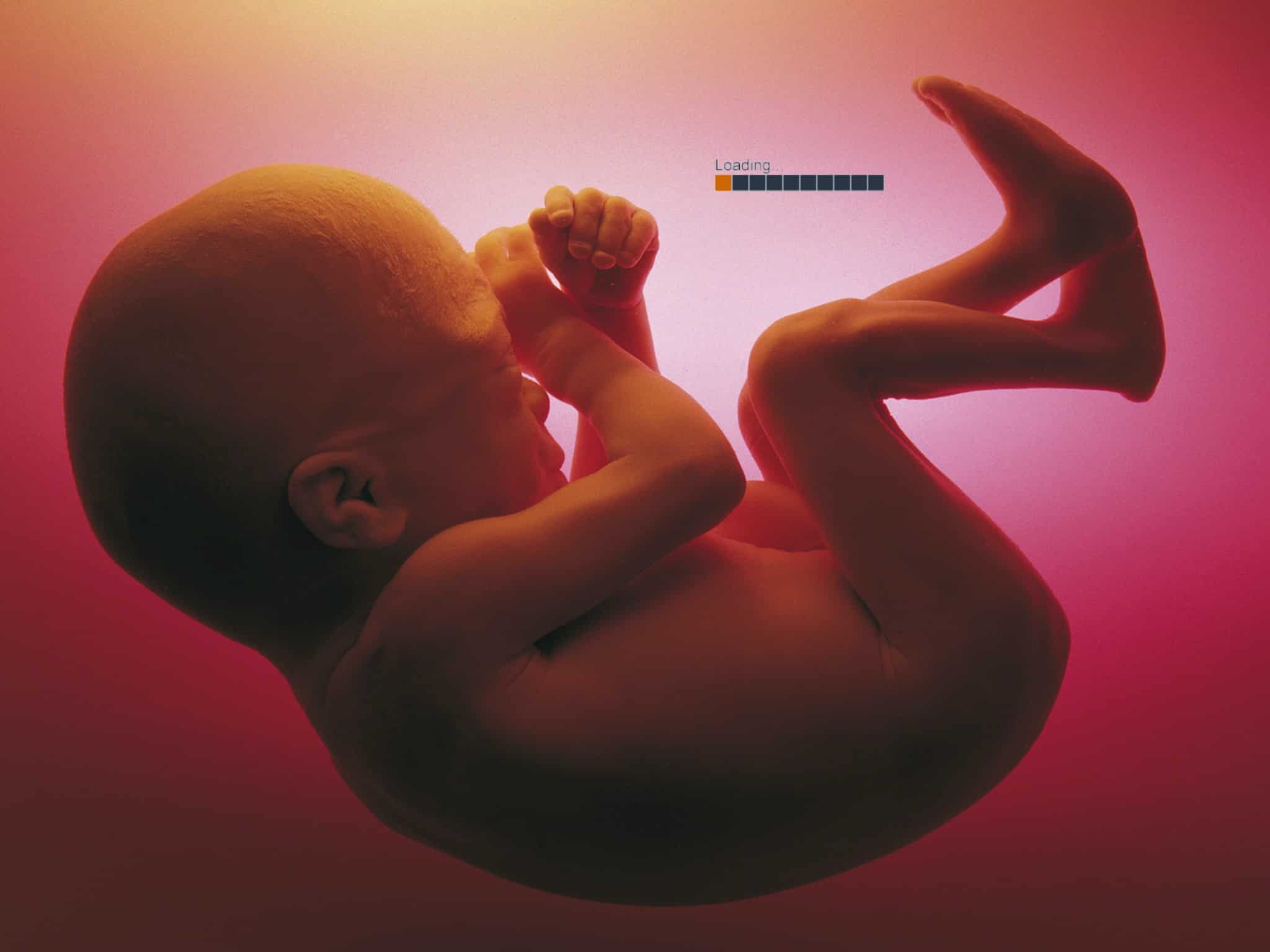A recent study published in Nature finds that fetuses, in the womb itself acquire a functioning immune system- one that is capable of recognizing foreign proteins. However, it is incapable of attack on foreign particles just yet. These newly discovered insights on fetal immune system add to a growing body of literature shows how it is more active than previously appreciated.
A human fetus in its second trimester is extraordinarily busy- It is now developing the ability to hear and swallow, skin and bones, and also working on its first bowel movement.
Scientists say that in this direction, it is extremely important that we carefully and consciously try understanding that this development as it could reveal the reasons for miscarriages, and be able to provide an explanation about conditions such as pre-eclampsia. Pre-eclampsia is associated with abnormal immune responses to pregnancy and causes up to 40% of premature births. Besides there has always been great amount of interest surrounding how a developing fetus and its mother happen to take onto an co-existing environment without either of them launching an immune attack; which might be a good lesson to help us figure out a way around our body rejecting transplanted organs
A study conducted by Jerry Chan, an obstetrician and gynecologist, and Immunologist Florent Ginhouxto, analyses the fetus immune system to develop gene therapies for genetic disorders in developing fetuses and make sure certain treatment approaches can be administered to patients without risking an attack by the immune system.
Through the study, it was found that fetuses have functional dendritic cells (cells that help flush out antigens by feeding it to the T-cells of the immune system) by 13 weeks of gestation. But although the fetal cells don’t trigger an advance immune response which proceeds to annihilate the foreign material, what they do, do is suppress the immune system facilitated by a special category of T cell called the regulatory T cell.
Studies have previously found specialized immune cells — including T cells and the NKCs — in fetuses as young as nine weeks says Ginhoux, and is not exactly a surprise. But the dendritic-cell findings are particularly important because these cells orchestrate immune responses without which the body can’t target foreign material and destroy them.
The research highlights the fact that the fetal immune system is not a mere immature, less-active version of its adult counterpart, but one that has its own distinct function.






























